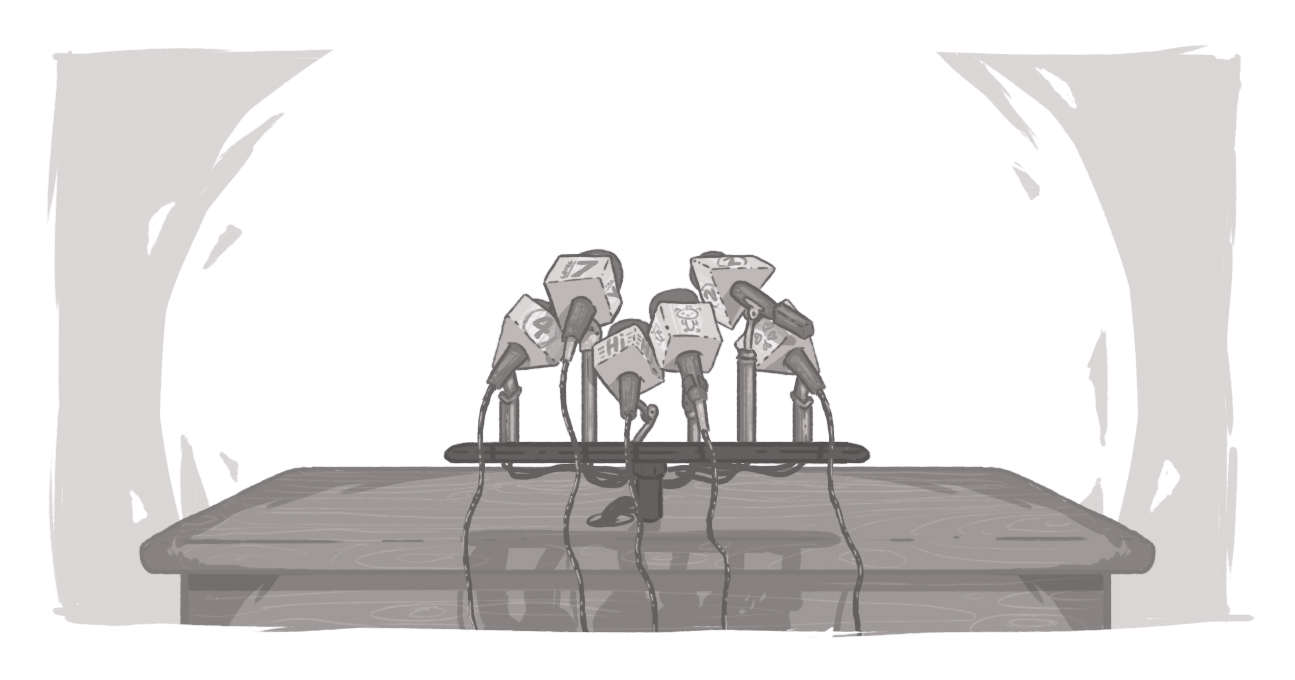LinkedIn Lessons About Asking the Wrong Questions

It's also important to watch your p's and q's -- and every other letter in the alphabet -- especially when you're making a request. Because, when it comes to trying to get someone to do something for you, language matters.
I'm probably not alone in getting odd LinkedIn requests. Some make sense; others are odd considering I've had no direct connection or interaction with the sender -- and I assume those are simply network-building exercises.
But every once in a while, I get one that stops me in my virtual tracks.
Recently I received a request from someone, whom I don't know, with the subject line that said, "Help me build my LinkedIn Network." That's it.
Help ME, build MY LinkedIn Network. Now, I know these are just selectable defaults you can use, but really, a little effort would be nice. After all, as the recipient of this message, how am I truly motivated to react?
There's a strong communications lesson to learn here -- reflexive marketing is never going to appeal to your end user. For example, if your website spends much of its time focusing on telling your story, as opposed to offering your end user a solid answer to the question, "What's in it for me?" then it's likely not going to successfully engage your audience.
Because here's a harsh truth -- not too many people really care about your About Us section. And those that do, probably already work for you.
Your corporate history, your board members' bios, and your mission and vision statements may help those clients and customers who want to learn more about you before making a decision, or who are looking to validate your request. But, ultimately, the people visiting your operation, either online or off, have a need and they want to know how you're going to fulfill it. You want your content to focus on the customers' needs, not your own ego.
The same goes for any sort of marketing effort -- especially e-mail and social solicitation.
Let's face it, we get inundated with requests each and every day, so they have to be compelling. They have to speak to something inside of us that motivates us to act. They have to identify a need that we have and provide a solution that's quick, effective, and targetted.
That's the messaging that stands out. That's the content that gets results.
A press release with a three-paragraph lead that is essentially your boilerplate, won't get read. A release with a clear, dynamic call to action up front? You have much more chance.
Telling me that you have something that meets my needs? I'm interested. Asking me to go out of my way to fulfill your needs? Maybe I will, maybe I won't -- but I'm not compelled to act quickly.
Language matters. This person's sole goal may be truly just to build up their network -- as if volume matters (as I've said before, I'm a firm believe that you don't count your clicks; you make your clicks count). But simply turning that statement around and saying, "I'm interested in your expertise and would like to add you to my network" is a subtle shift that's still asking me to do something for someone else, but includes a statement that provides me with value -- whether that's validation, the opportunity to spread my communications reach, or -- and this matters for some -- simple ol' ego gratification, at least there's something in it for me that's going to make me consider that request.
Now, I'm a little picky, yes. If I don't know you or know of you, and if we've never interacted on-line or off, chances are I'm not going to add you to my network. However, I'm at least going to consider the request -- which is far more than the initial "help me grow my network" query would.
In every transaction, there's an element of selfishness. That's understood. As a business, I'm reaching out to you to connect and, hopefully, explore opportunities or share knowledge to improve my reputation. But my pitch is only effective if I can add value to you.
Words have power. Sometimes they can insinuate things that you don't intend to say. That's why language matters and it's vitally important to understand what you say, how you say it, and what your target may actually be hearing.
How can I build my LinkedIn network?
SUBSCRIBE TO OUR E-NEWSLETTER
 Subscribe
Subscribe


